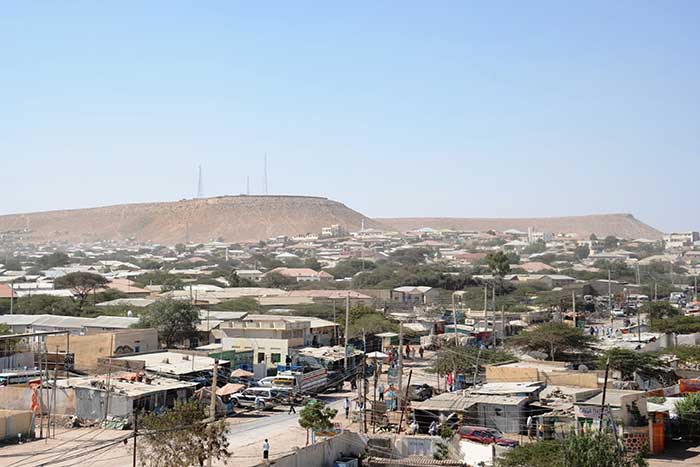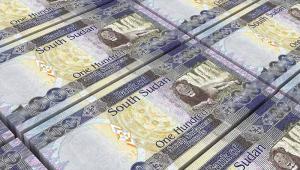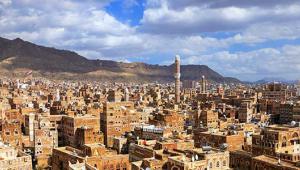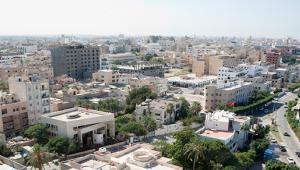web_somalia_shutterstock_193325975.jpg

Hargeisa, the capital city of Somalia
The vote, conducted amid high security due to the threat of a militant attack, saw former prime minister and US-Somali dual national Mohamed Abdullahi Mohamed oust the incumbent, leading to celebrations across the country.
Mohamed is widely popular and seen as one of the cleanest candidates in a system where corruption runs deep. However, the vote, open to parliamentarians but not the public due to security issues, has been tainted by allegations of vote buying.
The election was developed over 18 months in conjunction with Somalia’s international partners. Due to the threat of an attack by militant group Al-Shabaab, the public voted for local representatives who in turn voted for the president.
“We feel the process, though flawed in some respects by allegations of corruption and manipulation of some of the parliamentary voting, overall produced some very positive results,” said Joseph Contreras, spokesperson for the UN mission in Somalia (UNSOM).
“It’s an historic milestone in the country’s emergence from years of chaos and civil war.”
Outgoing president Hassan Sheikh Mohamud, who came to power in 2012, was widely expected to use his influence to rig the vote.
But after an easy win for the incumbent in the first round, Mohamud lost to Mohamed in the second stage of voting. The president conceded, avoiding the need for a third round of voting and clearing the way for Mohamed to take the presidency.
The president will now name a prime minister, who in turn will select a cabinet. Contreras said the new government will face a “daunting list of challenges”, such as an ongoing drought that aid workers fear could develop into the third famine in 25 years, insecurity and a slowing economy.
The International Monetary Fund expects growth in Somalia to decline from 3.4% in 2016 to 2.5% this year, largely due to the impact of drought on the agriculture sector.
Somalia’s economy, and public finances, remain reliant on donor grants, remittances and foreign direct investment, mostly by the Somali diaspora.
Amid a decline in both budgetary grants and tax revenue last year and increased spending in preparation for the election and on security, the IMF said the government’s coffers had become “strained” last year.
“The post-war social and economic conditions remain difficult, poverty is widespread and more than half of the working-age population is unemployed,” it added.
However, it applauded the nation for making impressive gains after emerging from almost two decades of civil war. The government first collapsed in 1991, plunging the country into a long-lasting crisis from which it has just begun to recover.
The government has instituted a public financial management law, established electronic payment systems for public workers and approved plans for national development and public financial management reform. It is also closer to normalising its relationships with international financial institutions like the IMF.
The fund stressed that priorities for the future should include strengthening Somalia’s fragile institutions and state building – two additional pressing tasks for the new political leadership.













